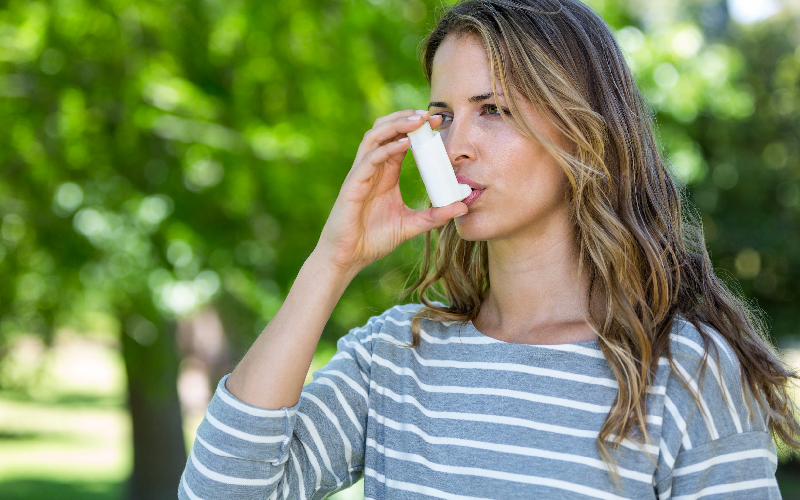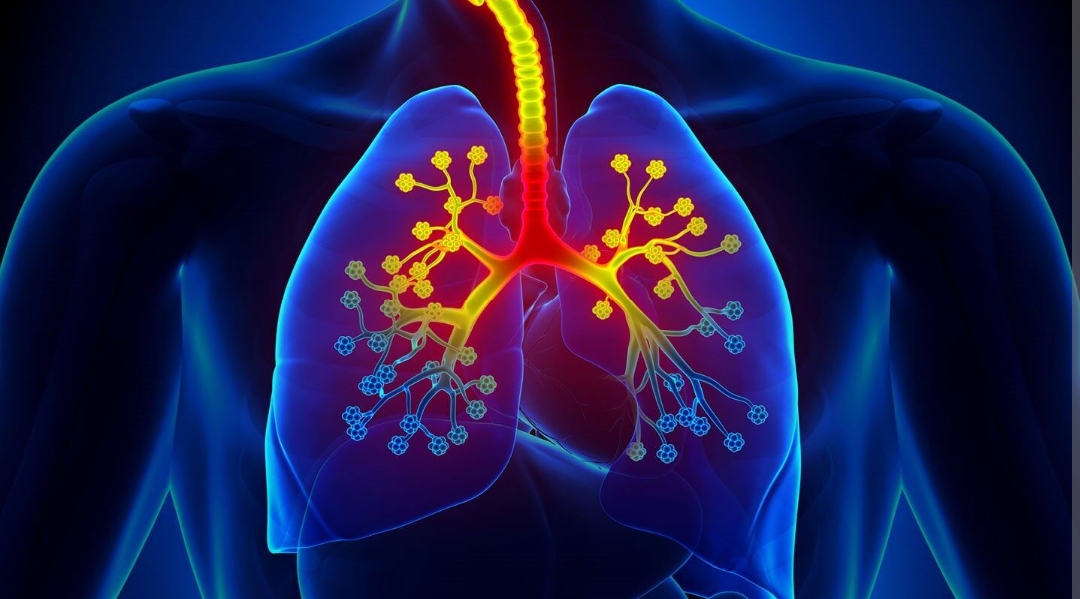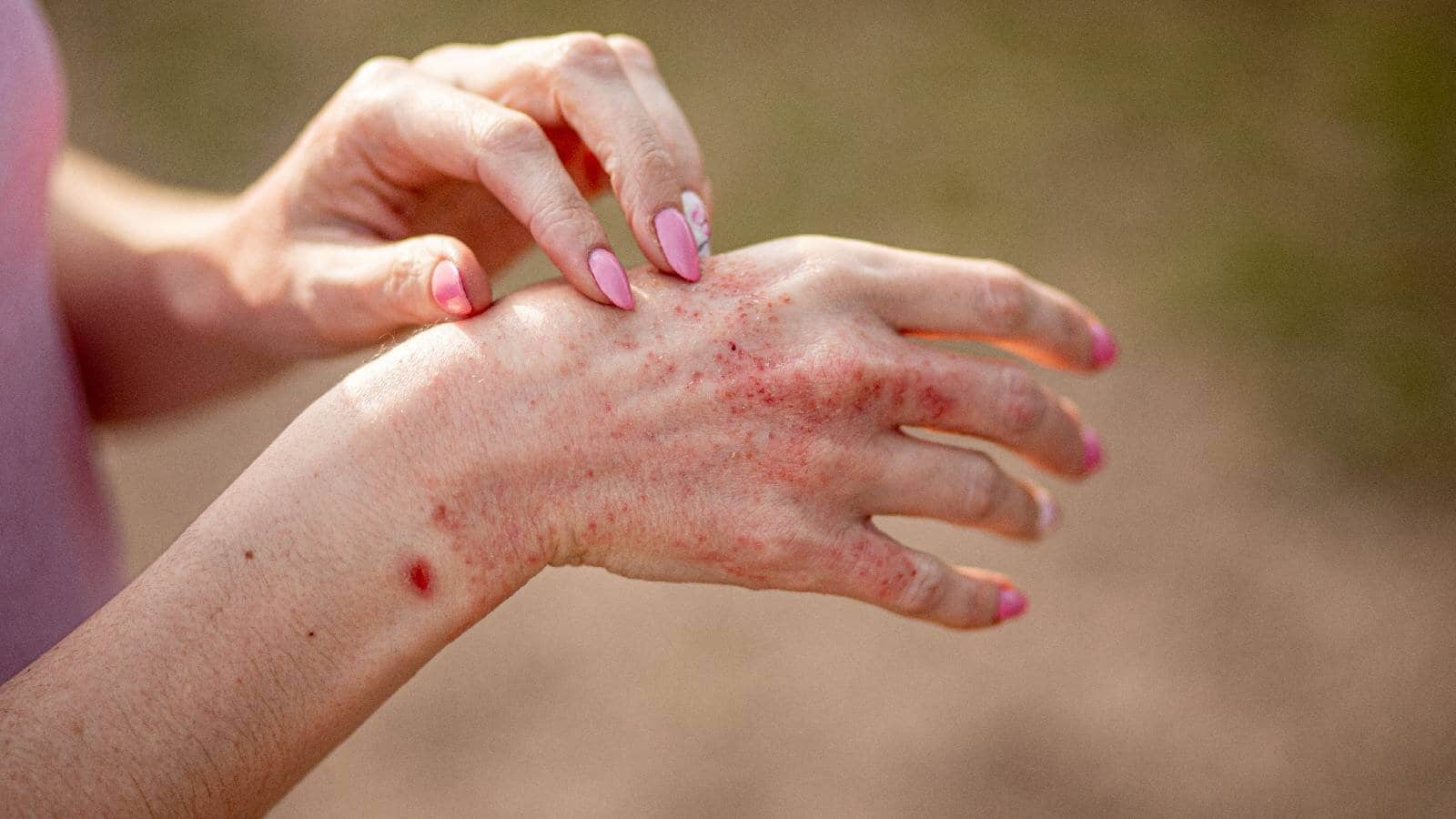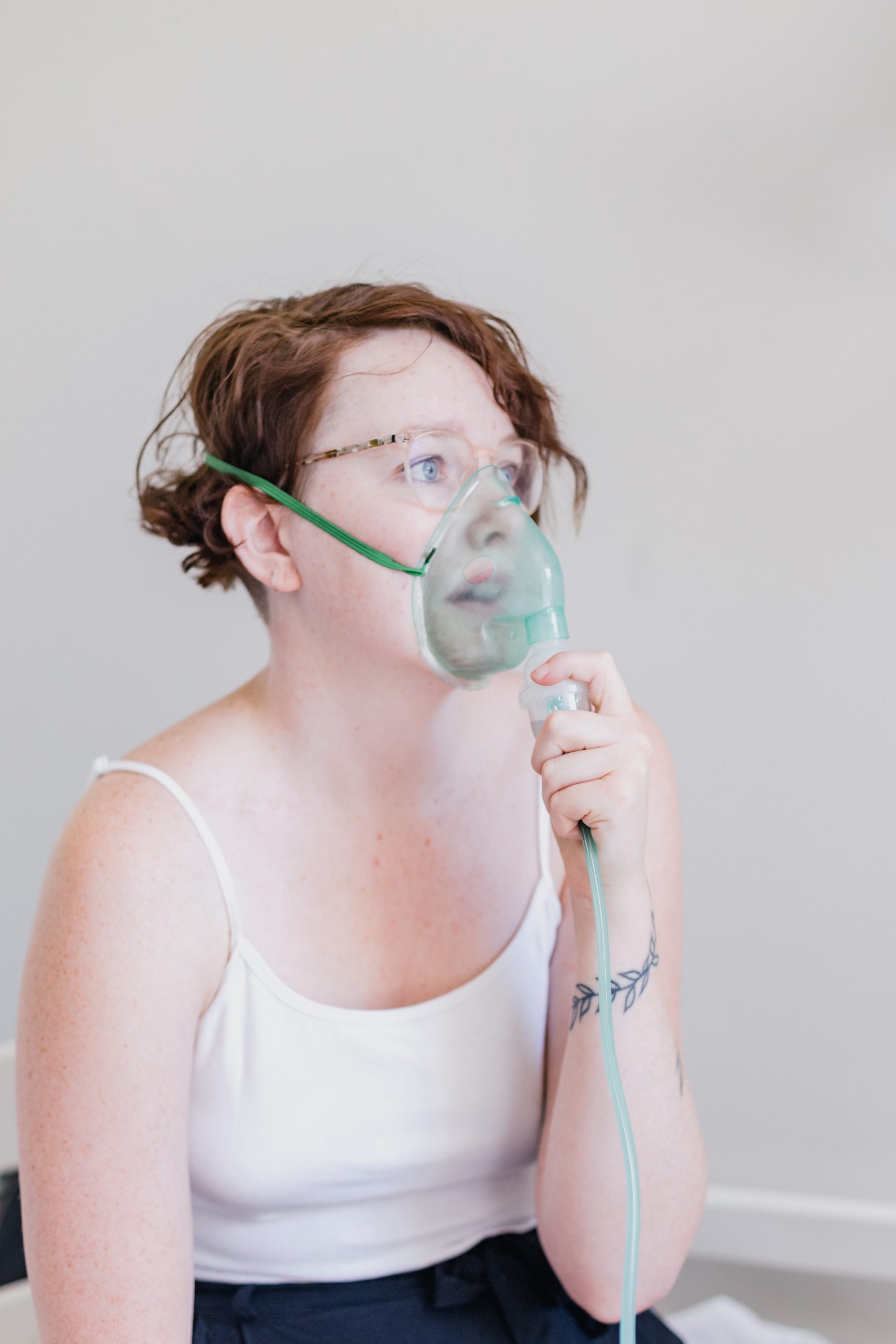
Link Between Atopic Dermatitis and Increased Risk for Asthma Strengthened
Atopic dermatitis (eczema) is a condition that makes your skin red and itchy. It's common in children but can occur at any age. Atopic dermatitis is long lasting (chronic) and tends to flare periodically. Asthma is a condition in which your airways narrow and swell and may produce extra mucus. This can make breathing difficult and trigger coughing, a whistling sound (wheezing) when you breathe out and shortness of breath.
Link Between Atopic Dermatitis and Asthma
According to the AAAAI (American Academy of Allergy, Asthma and Immunology), atopy is the genetic tendency to develop allergic diseases. People who are atopic have an overactive immune response to allergens. This commonly includes inhaled allergens and food allergens. People with severe atopic dermatitis are especially at risk of getting another atopic disease. Atopic is a result from allergy it causes itchy, red skin occurs in patches usually. It starts at a very young age (before 5) but adults and teens can develop it too. Because it runs in families, it is not contagious. Both atopic dermatitis and asthma are linked to inflammation that’s often caused by a strong reaction to environmental allergens.
In fact, half of all people with moderate to severe atopic dermatitis also have:
- 1. Asthma
- 2. Allergic rhinitis
- 3. Food allergies
Several environmental risk factors have been identified to increase the risk of developing an increased risk for asthma attacks: such as exposure to air pollution and tobaccos smoke as well as occupational risk factors. In addition atopy, stress, and obesity all can increases the risk for asthma in genetically susceptible persons.
A study found that babies who were diagnosed with atopic dermatitis in the first 2 years of life were three times more likely to develop asthma and rhinitis within the next 5 years than those who didn’t have infant Atopic Dermatitis. The AAD (American Academy of Dermatology) defines severe atopic dermatitis as covering a large area of the body or being very troublesome. When it is severe, about 66% of people with atopic dermatitis will also get hay fever. And 50% will have an Increased Risk for Asthma




















